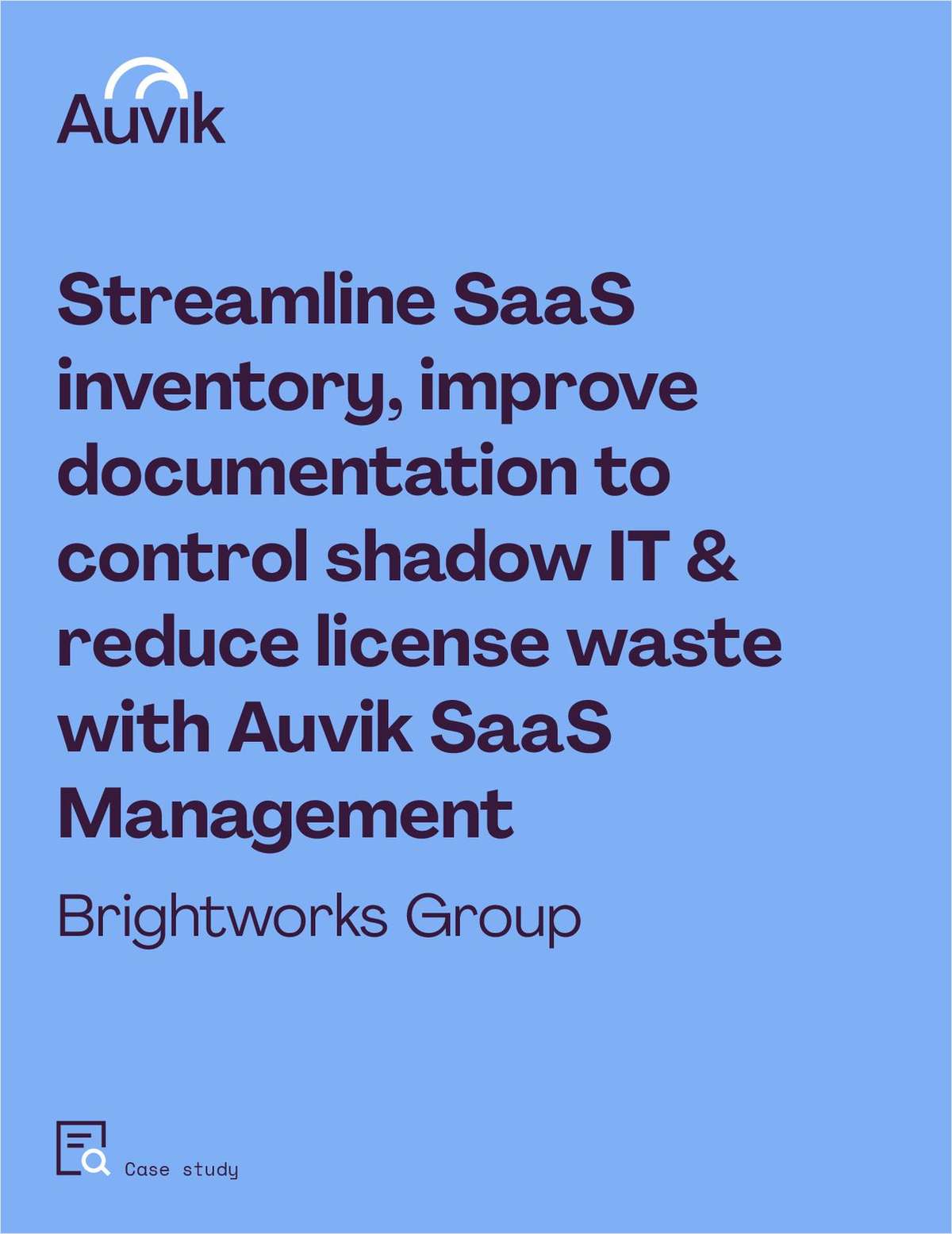WASHINGTON-Though CUNA and NAFCU generally supported proposed additional guidance amending Regulation E, which implements the Electronic Fund Transfer Act, the two credit union trade groups did pen some concerns in their respective comment letters. CUNA's letter, written by Assistant General Counsel Lilly Thomas, expressed support for provisions requiring payees to obtain authorization for an electronic transfer, allowing a single authorization for multiple checks submitted for payment after receiving an invoice or during a single billing cycle for ARC transactions, and withdrawing the interpretation that a tape recording of a telephone conversation with a consumer who agrees to preauthorized debits does not constitute written authorization. However, specific concerns voiced by CUNA included inserting language into the regulations specifying clearing times intended to benefit consumers, about which Thomas said, “In light of Check 21, there will be situations in which paper checks may clear as quickly or even quicker than an EFT thereby misleading the consumer.” NAFCU President and CEO Fred Becker added in his comment letter that NAFCU does not believe a merchant needs to disclose that a consumer may not get the check returned. “Some financial institutions, and most credit unions, do not return checks to their customers / members, and as a result NAFCU believes this provision could create confusion,” he wrote. Additionally, the proposal would revise error resolution requirements under Reg E to instruct consumers to notify the financial institution if unauthorized electronic fund transfers occur using information from the consumers' check. However, CUNA said this could cause some confusion for consumers thinking that the section only applies to electronic check conversion (ECK) transactions instead of all kinds. Finally, CUNA and NAFCU both disagreed with including payroll card accounts under Reg E. CUNA and NAFCU also agreed that six months would not be sufficient time for credit unions to come into compliance with this regulation. While CUNA did not suggest a time frame, NAFCU Director of Regulatory Affairs Gwen Baker told reporters the group felt that 12 months would be more appropriate. NAFCU applauded the Fed's effort to lay everything out for consumers, according to its comment letter. “However, NAFCU believes that a better balance can be achieved between providing adequate consumer protections and reducing the regulatory burden,” he said. “In particular, NAFCU feels that some of the new disclosures being proposed by the board may actually result in overnotification and consumer confusion.” [email protected]
Continue Reading for Free
Register and gain access to:
- Breaking credit union news and analysis, on-site and via our newsletters and custom alerts
- Weekly Shared Accounts podcast featuring exclusive interviews with industry leaders
- Educational webcasts, white papers, and ebooks from industry thought leaders
- Critical coverage of the commercial real estate and financial advisory markets on our other ALM sites, GlobeSt.com and ThinkAdvisor.com
Already have an account? Sign In Now
© 2024 ALM Global, LLC, All Rights Reserved. Request academic re-use from www.copyright.com. All other uses, submit a request to [email protected]. For more information visit Asset & Logo Licensing.









